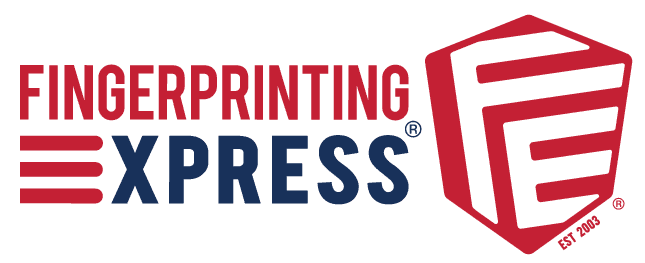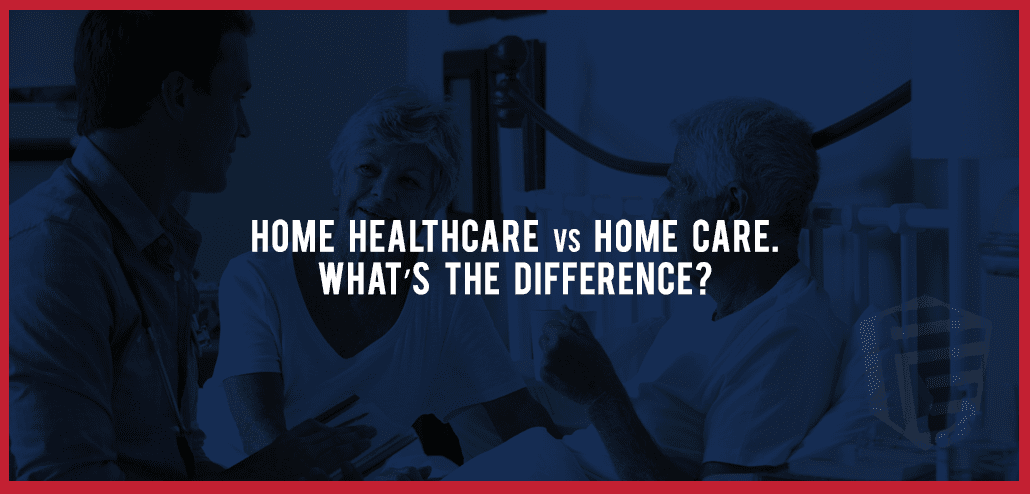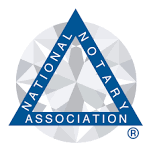When you or a loved one needs Long Term Care it is most important to find the right place with the right people. From in-home to large facilities, doing the research is vital because finding the right fit can be a matter of quality of life or the latter.
In-home care is usually a preferred option if it is possible. Being at home or having a loved one in the next room helps us to sleep at night. Some have trained medical professionals (doctors and nurses) come to the home and provide services. It is worth noting that “home health care” is defined as licensed medical professionals and home care or personal care is provided by family members or paid caregivers who are not licensed in the medical field. Family members performing in home care and personal caregivers are defined as non-medical or custodial care. Personal caregivers help with non-medical tasks like cooking and eating, bathing and general mobility assistance. Regardless, they all should pass the fingerprint background check prior to taking care of a patient or family member.
Biometrics are more than just a security measure in Health Care. Not only is biometric data attached to preventing medication errors and accessing systems, biometric fingerprint data is also required for employment and licensing. There are certain crimes that disqualify an applicant from being in the Healthcare industry. From theft to abuse and neglect we want to make sure the most vulnerable populations are protected. In order to be compliant with state and federal laws, all staff of long term care facilities must adhere to a fingerprint criminal history background check. This background check goes all the way back to age 18. Not all background checks are equal, make sure they are fingerprinted.
While it is possible for Elderly Care and Disability Care to be in the hands of a crimeless-robot in the future, we prefer a human touch. There is something special about a real person these licensed home health care providers deliver. Playing games and a human conversation can bring a lot of comfort to the elderly, terminally ill and/or disabled. There are several studies that confirm human touch is good for increasing overall sense of well-being.
Skilled Nursing Facility or Assisted Living Facility is a health care institution for nursing care, requiring the supervision of care by a physician with the availability of nursing care 24 hours a day. The average number of beds in the participating skilled nursing home is 75.
An Extended Care Facility may also be a skilled nursing facility, or it may be a distinct part of an institution for custodial care or a rehabilitation center or other medical institution, where skilled nursing and related services are provided.
Rehabilitation care is essential when people are discharged from a hospital and require continued care to fully recover. Rehabilitation helps with the continued care after strokes, accidents, injuries, and surgeries. The rehabilitation plan should always be customized for the individual’s needs. Rehabilitation usually includes physical therapy which increases mobility and strength, occupational therapy for everyday living and speech and language therapy.
And then, believe it or not, there is Adult Day Care! Adult Day Care is typically a non-residential facility that supports the health, nutritional, social, and daily living needs of adults in a professionally staffed and group setting.
Hospice Care is usually reserved for patients with a terminal illness who have a life expectancy of six months or less. Hospice Care can be provided at home or in a facility by a medically trained professional.
While the main question is usually “how much?” there are other important factors to consider. With all of the paid review trolls online, we can’t always trust online reviews, we recommend you ask the facility for references.
Check with the Licensing Authority about the reputation of the home health care agency. In Nevada, the Board of Examiners for Long Term Care is the authority for residential and nursing care facilities.
Essential questions to ask when you contact BELTCA:
• Is their license current?
• When was the last facility inspection and audit?
• Were there any deficiencies or citations?
• Are all staff compliant with Fingerprint Background Check and Employment Hiring Laws?
• Are there any complaints from staff, residents or families?
Don’t be afraid to discuss your findings with the facility and always trust your gut instincts.






















